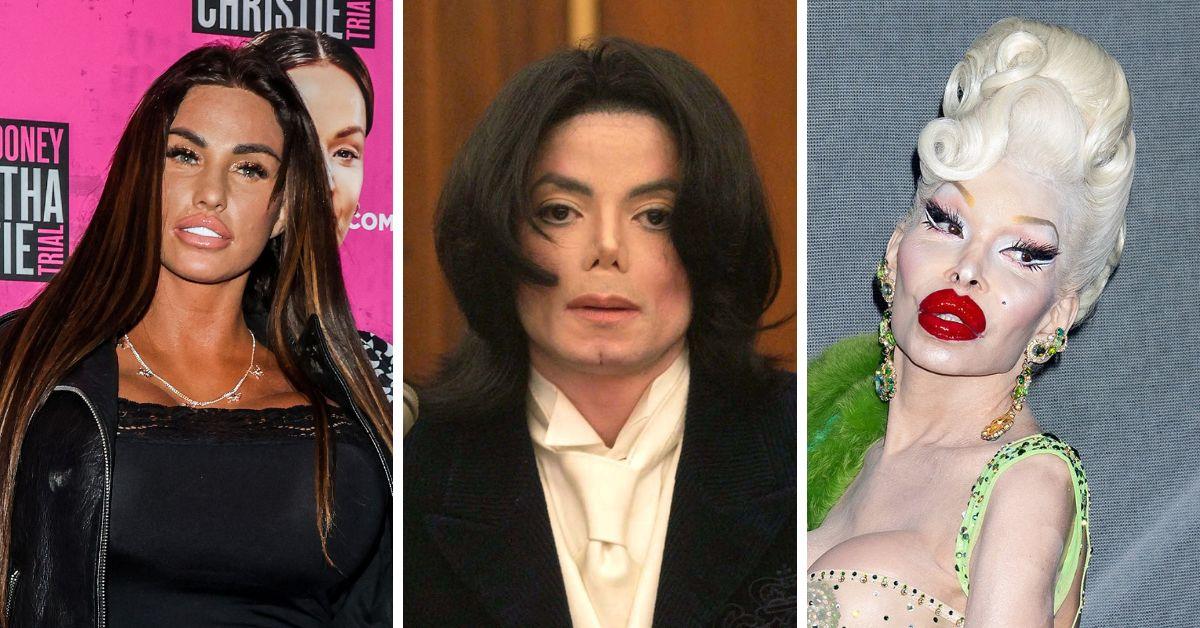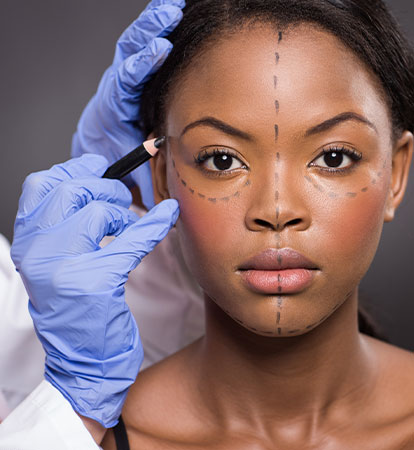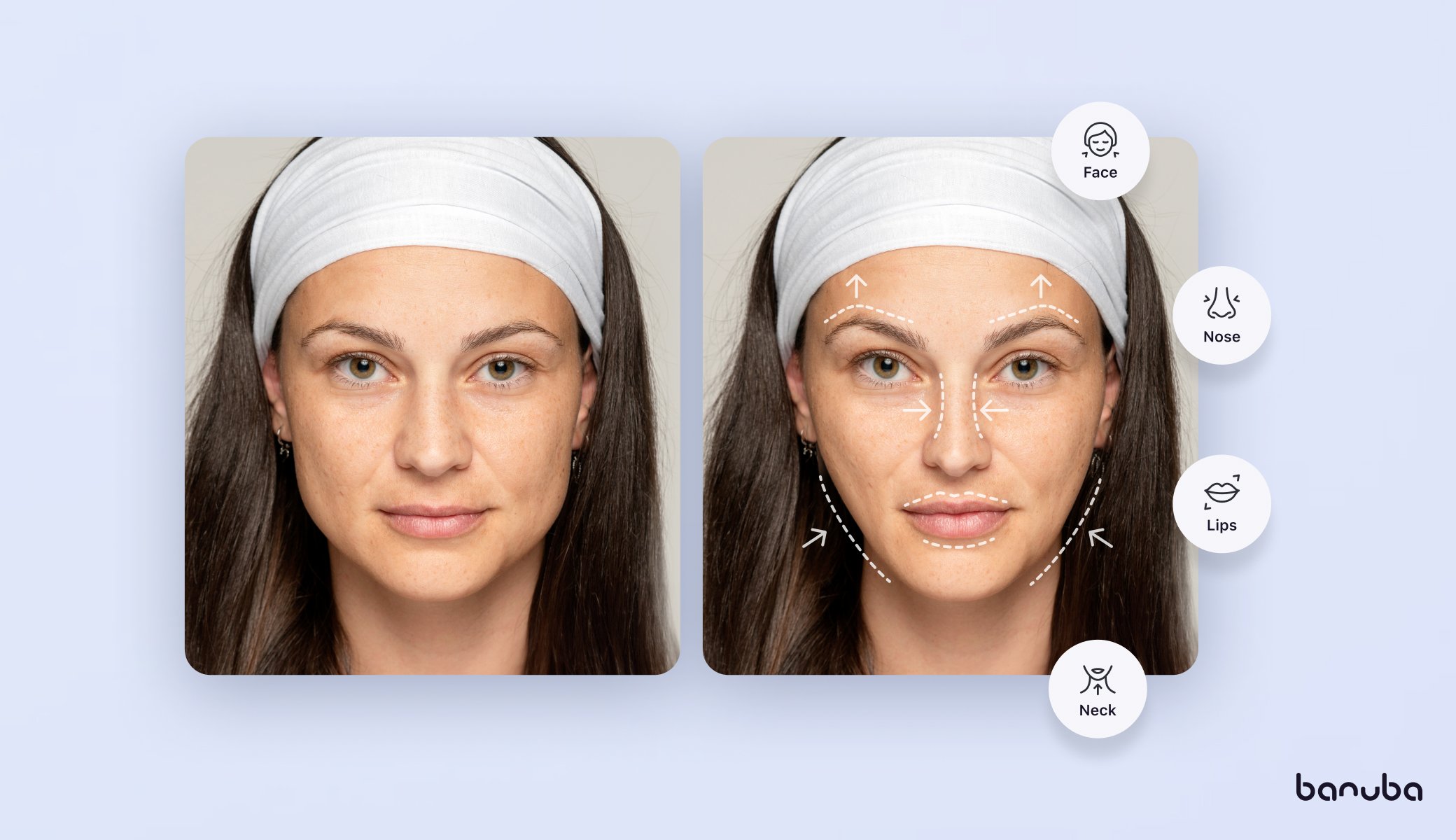The Effect of Self-Image on Decision-Making: Reasons Lots Of People Pursue Plastic Surgery for Physical Transformation
The interplay in between self-image and decision-making is a complicated sensation, specifically apparent in the enhancing trend of individuals going with cosmetic surgical treatment as a means of physical change. Motivated by a desire to meet social assumptions and personal ideals, several individuals face problems of self-confidence that can substantially affect their options. As outside stress from social norms and social media intensify feelings of inadequacy, an essential question arises: what are the underlying emotional variables that drive this pursuit of altered looks, and what effects do these choices hold for personal identification and wellness?
Understanding Self-Image
Self-image refers to the mental photo and assumption a specific holds about themselves, encompassing elements such as physical look, character attributes, and total self-worth - mommy makeover rancho cucamonga. This inner representation dramatically influences how individuals communicate with the world and can be a driving pressure behind various life selections, including the decision to undertake cosmetic surgery
A favorable self-image typically associates with greater self-esteem and a sense of confidence, fostering a positive strategy to life. On the other hand, an adverse self-image might lead to sensations of insufficiency and discontentment, prompting individuals to look for outside solutions to perceived flaws. This pursuit for renovation can show up in the need for physical improvement with cosmetic procedures.
The pervasive nature of media and peer contrasts can enhance sensations of insecurity, encouraging individuals to alter their look in pursuit of approval or approval. Recognizing these dynamics is crucial in comprehending the inspirations behind cosmetic surgical treatment.
Psychological Elements at Play
Numerous emotional factors affect a person's decision to go after cosmetic surgery, commonly rooted in deeper cognitive and emotional procedures. One significant element is reduced self-esteem, which might occur from unfavorable self-perceptions or discontentment with one's look. People with diminished self-worth may believe that altering their physical functions will improve their total worth and acceptance in social contexts.
Furthermore, the principle of body dysmorphic disorder (BDD) plays a crucial role. Individuals dealing with BDD experience a compulsive concentrate on perceived problems in their look, leading them to look for medical treatment as a service. This compulsive wish for improvement can substantially misshape their self-image, driving them to seek treatments regardless of the possibility for damaging outcomes.

Societal Stress and Assumptions
A substantial impact on people' decisions to go through plastic surgery originates from social stress and assumptions that suffuse contemporary culture. In an era dominated by social media sites and continuous visual direct exposure, idyllic requirements of beauty are frequently showcased, creating a prevalent setting where physical appearance is intensely inspected. Such standards often dictate what is taken into consideration attractive, leading individuals to feel compelled to satisfy these suitables.
Furthermore, the normalization of cosmetic improvements in popular society further intensifies these stress - mommy makeover rancho cucamonga. Stars and influencers openly reviewing their procedures can develop a perception that such changes are not only appropriate but preferable. This phenomenon can stimulate sensations of inadequacy in people who might feel their natural look does not straighten with societal standards
Additionally, the impact of peer groups can not be ignored. People may run into indirect or straight pressure from friends or household, leading to a public validation of cosmetic surgical treatment as an appropriate ways to attain an idyllic self-image. As a result, these social assumptions can significantly affect personal decision-making procedures, often eclipsing innate inspirations for self-improvement and cultivating a culture where physical change is gone after as a treatment for regarded imperfections.

Study and Individual Stories
Many individuals have actually shared their individual journeys relating to plastic surgery, exposing an intricate interaction in between self-perception and societal influences. For instance, a 34-year-old lady defined how years of feeling poor as a result of her nose led her to seek rhinoplasty. She reported that after the treatment, her self-confidence rose, allowing her to engage more easily in social circumstances and progress her job. Yet, she recognized that her decision was heavily affected by media representations of beauty.
Likewise, a male individual in his late twenties stated his fight with body dysmorphic condition, which triggered him to pursue liposuction. His experience highlighted not only a need for physical transformation yet additionally an aspiration for approval amongst peers. Post-surgery, he shared a restored sense of self-respect, albeit with the realization that internal recognition need to come before outside modifications.
These study underscore a more comprehensive pattern: individuals frequently dig this view cosmetic surgery as a path to boosted self-image. Nevertheless, the narratives additionally disclose an important point of view on the pressures and expectations that shape these choices, recommending that personal tales are deeply linked with societal standards and worths.
Alternatives to Plastic Surgery

Skin care treatments, including chemical peels and microdermabrasion, can boost skin appearance and tone, addressing problems like read this acne marks or irregular coloring. Additionally, laser therapy is an effective technique for targeting details skin problems, such as sun damages or vascular lesions, promoting a much more vibrant appearance.
For those seeking body transformation, non-invasive fat reduction techniques like CoolSculpting can aid remove stubborn fat down payments without surgical treatment. Health and fitness programs and dietary counseling are also essential devices for people intending to attain a healthier body image. Ultimately, these alternatives can supply considerable outcomes while lining up with personal comfort degrees and preferences, fostering a favorable self-image without the permanence of plastic surgery.
Conclusion
People regularly look for physical makeover in an attempt to enhance self-worth and align with perceived standards of beauty. By discovering choices and cultivating a healthier self-image, individuals may find more lasting paths to self-acceptance and wellness.
The interplay between self-image and decision-making is a complex sensation, specifically obvious in the boosting pattern of individuals choosing for cosmetic surgical procedure as a way of physical change.Various psychological variables affect an individual's decision to seek cosmetic surgical treatment, typically rooted in deeper cognitive and emotional processes.A substantial impact on people' decisions to go through cosmetic surgical treatment stems from social pressures and expectations that suffuse contemporary society. Individuals might run into indirect or direct stress from friends or family, leading to a public validation of cosmetic surgical procedure as an acceptable methods to breast augmentation rancho cucamonga accomplish an idyllic self-image.Numerous people have shared their individual journeys pertaining to cosmetic surgical treatment, revealing a complicated interaction between self-perception and social impacts.
Comments on “Plastic Surgery Rancho Cucamonga: Boost Your Self-confidence with Customized Aesthetic Therapies”